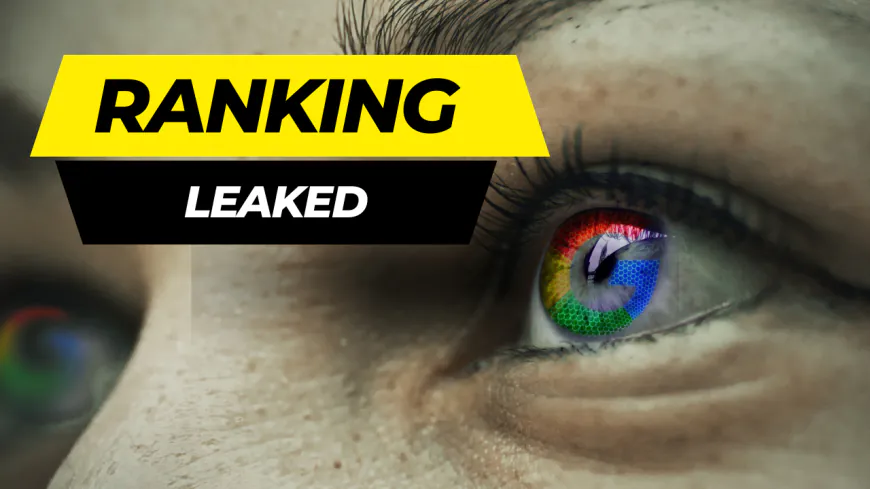Google's Ranking Signals Leak: Understanding the Content Warehouse API
Explore the implications of Google's leaked ranking signals and the Content Warehouse API. What does it mean for SEO professionals and digital marketers? Find out now.

Google's Ranking Signals Leaked? Understanding the Google Content Warehouse API Leak
In the ever-evolving world of SEO, the recent leak of Google's ranking signals has created quite a stir. This alleged leak, revealed through the Content Warehouse API, has left many SEO professionals scrambling to understand its implications. This blog post will delve into the details of this leak and its potential impact on SEO strategies.
The Leak: An Overview
On Twitter, industry experts Mike King and Rand Fishkin claimed that a secret source had shared a leaked document containing detailed information about Google's ranking signals. This document, reportedly comprising 14,000 signals, has sparked debates and confusion among SEO enthusiasts.
The primary question on everyone's mind is: Are these genuinely ranking signals? And if they are, what does this mean for our current SEO practices? Amit Tiwari from Tiwari.net provides an in-depth analysis of this leak and its potential implications.
What is the Content Warehouse API?
The Content Warehouse API uses the system Google stores, organizes, and searches document pages. This API's support document was accidentally published, revealing numerous modules and words that are linked to website rankings. However, it's important to note that this is not a direct search algorithm leak but a support document for Google's internal use.
Who Discovered the Leak?
An SEO professional named Irfan Azimi stumbled upon this published document and shared it with Rand Fishkin and Mike King. They analyzed the document and wrote blog posts to discuss its contents. This leak wasn't the result of a disgruntled Google employee but rather an accidental discovery by an observant SEO.
Is Google Deceiving Us About Ranking Signals?
The leaked document is undeniably Google's, evident in its language, structure, and details. Fishkin and King did a commendable job in bringing this information to light. However, it remains to be seen how much this will affect daily SEO work or Google's ranking mechanisms.
Domain Authority vs. Site Authority
One of the document's most debated points is the mention of "Site Authority." Rand Fishkin, the creator of Moz and the metric "Domain Authority" (DA), has been vocal about Google's denial of using DA in its ranking. The document's reference to Site Authority has reignited this debate, with Fishkin demanding an apology from Google employees for dismissing his claims over the years.
But what exactly is Site Authority? Essentially, it refers to a website's credibility based on the quality of its content. If a website consistently publishes high-quality content, its new content will likely also be valuable. This concept is familiar to experienced SEOs, but the leaked document provides further confirmation.
The Role of Click Data
Another significant aspect of the leak is Google's use of click data. Google has consistently denied using click-through rate (CTR) as a ranking signal. However, it is plausible that user behavior influences personalized search results. While it may not be a direct ranking factor, click data undoubtedly affects how Google tailors results for individual users.
New Terms and Concepts
The document introduces new terms such as "Anchor Mismatch," "Nav Demotion," and "Spam Score." These terms highlight Google's sophisticated methods of evaluating websites. For example, Google may demote sites with mismatched domains or high spam scores. These insights offer valuable guidance for improving SEO practices.
The Bottom Line
While the leak has unveiled some interesting details, it hasn't provided any groundbreaking revelations for seasoned SEO professionals. Most concepts, like CTR and site authority, were already known and practiced. The key takeaway is that Google's primary goal is effectively serving users' needs. As SEOs, we should always focus on providing valuable content and improving user experience.
In conclusion, based on this leak, there's no need to panic or drastically alter your SEO strategies. Continue to prioritize quality content, user satisfaction, and ethical SEO practices. The industry will continue to evolve, and staying informed and adaptable is the best approach.
What are your thoughts on the Google Content Warehouse API leak? Share your opinions in the comments below.









